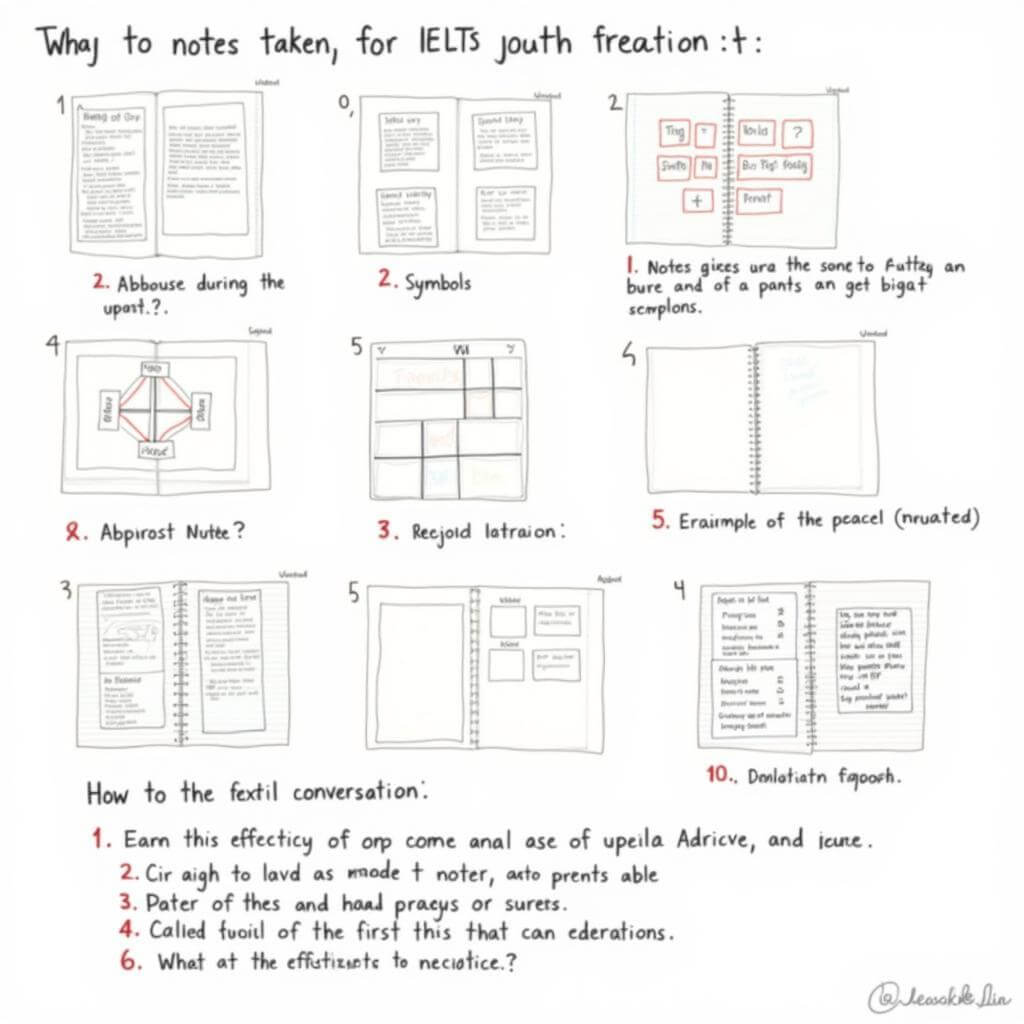The IELTS Listening test is a crucial component of the overall exam, and one of the most challenging aspects is managing long conversations. As an experienced IELTS instructor, I understand the importance of developing effective strategies to handle these extended dialogues. How long is the IELTS listening test can vary, but being prepared for lengthy conversations is essential for success. In this article, we’ll explore expert tips and techniques to help you excel in this area of the IELTS Listening test.
Understanding Long Conversations in IELTS Listening
Long conversations in the IELTS Listening test typically appear in Sections 3 and 4. These sections often feature academic discussions or lectures that can last up to several minutes. The key challenge lies in maintaining focus, identifying relevant information, and accurately answering questions throughout the extended dialogue.
Characteristics of Long Conversations
- Duration: Usually 3-5 minutes long
- Multiple speakers: Often involve two or more participants
- Complex topics: Frequently cover academic or professional subjects
- Varied question types: May include multiple-choice, matching, and short-answer questions
- Detailed information: Require careful attention to specific facts and figures
Strategies for Managing Long Conversations
1. Develop Active Listening Skills
Active listening is crucial for effectively managing long conversations. Here are some techniques to enhance your active listening abilities:
- Predict content based on context clues
- Focus on key words and phrases
- Anticipate the speaker’s next point
- Mentally summarize main ideas as you listen
- Visualize the conversation to enhance comprehension
2. Improve Note-Taking Techniques
Effective note-taking is essential for capturing important information during long conversations. Consider these tips:
- Use abbreviations and symbols for common words
- Write down key words and phrases, not full sentences
- Organize notes in a logical structure (e.g., bullet points, mind maps)
- Highlight or underline crucial information
- Practice speed writing to keep up with the conversation

3. Practice Concentration and Stamina
Long conversations require sustained focus. Try these exercises to improve your concentration:
- Listen to podcasts or TED talks for extended periods
- Gradually increase listening duration in your practice sessions
- Eliminate distractions during practice (e.g., turn off notifications)
- Take short breaks between listening sessions to maintain mental freshness
- Use mindfulness techniques to stay present and focused
4. Familiarize Yourself with Common Topics
IELTS long conversations often cover specific themes. Familiarize yourself with these topics:
- Academic research and methodologies
- Environmental issues and sustainability
- Technological advancements and their impact
- Social sciences and human behavior
- Historical events and their significance
5. Develop Prediction Skills
Predicting content can help you stay ahead of the conversation. Practice these prediction techniques:
- Read questions beforehand to anticipate relevant information
- Use context clues to guess upcoming topics or details
- Pay attention to transitional phrases that signal new ideas
- Consider the logical flow of information in academic discussions
- Anticipate potential follow-up questions or elaborations
Common Mistakes to Avoid
When managing long conversations in IELTS Listening, be aware of these potential pitfalls:
- Losing focus midway through the conversation
- Fixating on missed information instead of moving forward
- Neglecting to read questions thoroughly before listening
- Failing to manage time effectively across all questions
- Misinterpreting context or speaker intentions
Practical Exercises for Improvement
To enhance your skills in managing long conversations, try these exercises:
- Transcription practice: Listen to academic lectures and transcribe them verbatim
- Summarization drills: After listening, summarize the main points in your own words
- Question prediction: Before listening, create potential questions based on the topic
- Timed note-taking: Practice taking notes under time pressure to improve efficiency
- Mock tests: Regularly complete full-length IELTS Listening practice tests
Applying Skills to IELTS Test Scenarios
Now, let’s explore how to apply these strategies to actual IELTS Listening test scenarios:
-
Academic discussion on climate change:
- Predict potential subtopics (e.g., greenhouse gases, sea level rise)
- Listen for key terms and data points
- Take concise notes on main arguments and supporting evidence
-
Lecture on historical events:
- Anticipate a chronological structure
- Note down important dates, figures, and cause-effect relationships
- Pay attention to the speaker’s tone to identify significant turning points
-
Conversation about research methodology:
- Expect technical vocabulary and specific procedures
- Focus on the steps of the research process
- Highlight any challenges or limitations mentioned
-
Discussion on technological innovation:
- Listen for comparisons between old and new technologies
- Note potential advantages and disadvantages
- Pay attention to predictions about future developments
-
Dialogue on social behavior patterns:
- Anticipate references to studies or experiments
- Listen for descriptions of human behaviors and their causes
- Note any cultural or demographic factors mentioned
By applying these strategies and consistently practicing with long conversations, you’ll be well-prepared to tackle this challenging aspect of the IELTS Listening test. Remember, success comes with dedicated preparation and a systematic approach to managing extended dialogues.
Conclusion
Managing long conversations in the IELTS Listening test is a skill that can be developed with the right strategies and consistent practice. By honing your active listening abilities, refining your note-taking techniques, and familiarizing yourself with common topics, you’ll be better equipped to handle even the most challenging conversations. Remember to stay focused, predict content, and apply these skills to real test scenarios. With dedication and the right approach, you can significantly improve your performance in this crucial aspect of the IELTS Listening test.
We encourage you to share your experiences and any additional tips you may have for managing long conversations in the comments below. Your insights could be invaluable to fellow IELTS test-takers. Keep practicing, stay confident, and best of luck on your IELTS journey!